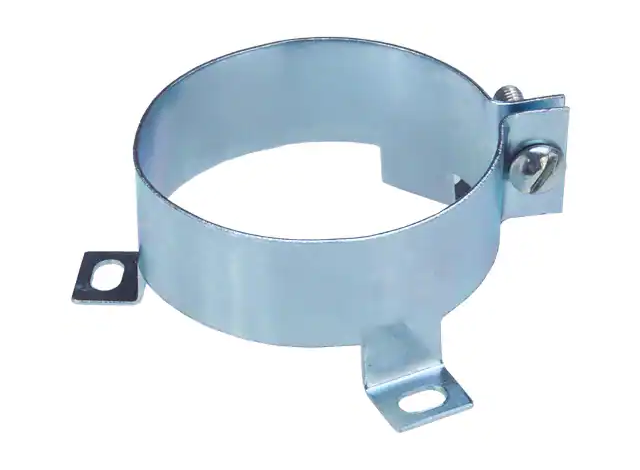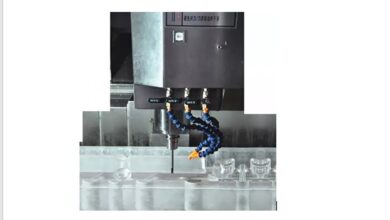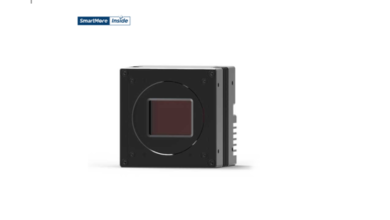Why Aluminum Polymer Capacitors Are The Future Of Electrical Engineering

Aluminum polymer capacitors are quickly becoming the new standard in electrical engineering. They have many advantages over traditional capacitors, and they’re becoming more and more popular as technology moves forward. In this blog post, we’ll explain why aluminum polymer capacitors are so great, and how you can start using them in your own projects.
What is an aluminum polymer capacitor?
An aluminum polymer capacitor, or APC, is a type of capacitor made from an alloy of aluminum and plastic. The plastic helps to create the capacitors’ strong and flexible walls, while the aluminum makes them lightweight and able to dissipate energy quickly.
What are the benefits of aluminum capacitors?
Aluminum capacitors are becoming increasingly popular due to their many benefits. Here are three of the most important reasons why aluminum capacitors are a great choice for electrical engineering:
- They’re lightweight and durable: Aluminum capacitors are much lighter than traditional capacitors, meaning they can be easily transported and used in small spaces. They also tend to last longer than other types of capacitors, making them a great choice for high-traffic areas where durability is key.
- They’re efficient: Aluminum capacitors have a higher power density than other types of capacitors, which means they can store more energy and deliver it faster when needed. This makes them ideal for applications that require a lot of power quickly, like electric vehicles or gaming consoles.
- They’re affordable: Compared to other types of capacitor options, aluminum capacitors are relatively cheap, making them an affordable option for high-volume applications.
Conclusion
As the world moves towards greener and more sustainable electrical engineering solutions, aluminum polymer capacitors are at the forefront of this change. If you’re interested in learning more about how aluminum polymer capacitors are changing the future of electrical engineering, be sure to check out GFOOKIC.





